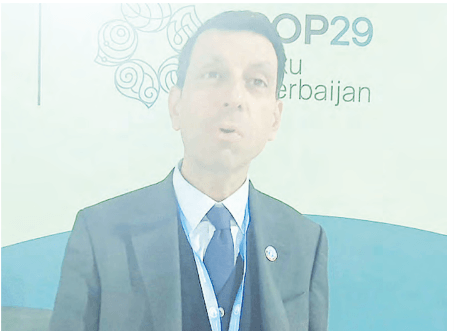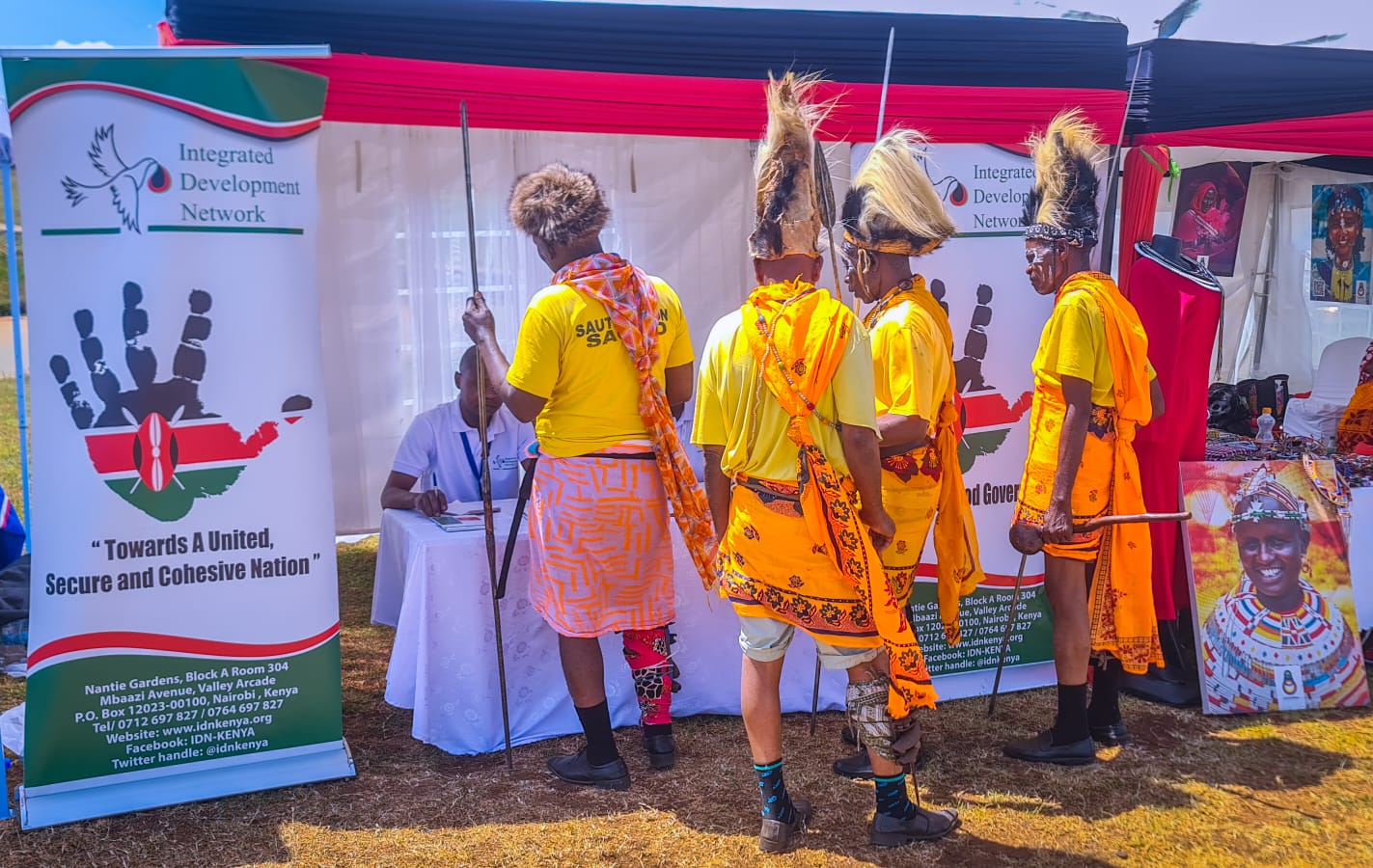

Climate change is deeply intertwined with global patterns of inequality and continues to affect every aspect of humanity, including our cultural heritage.
Extreme weather conditions expose our cultural identity to serious threats that require intervention measures to protect and preserve them for future generations.
The impact of climate change on cultural heritage is determined by physical parameters and the type of heritage involved, tangible or intangible.
Tangible cultural heritage is movable such as artefacts or immovable such as buildings.
Intangible cultural heritage includes traditions and local knowledge.
Notably, climate change as it relates to cultural heritage is a relatively new area of exploration and policy.
The impact of climate change on cultural heritage made its way to the Conference of the Parties to the United Nations Convention on Climate Change in Madrid in 2019 (COP25) and has become increasingly visible at subsequent COPs.
The drivers of climate change do not operate in isolation but as a complex system.
Cultural heritage bears a large role in the quest for ways to strengthen resilience and address climate change.
It needs preservation and progressive education for generations to address the impacts.
There is a need for in-depth research to understand the wider context in which climate change hazards arise considering climate migration, geopolitical relations and social inequalities.
The Kenya Defence Force (KDF) is a pacesetter in addressing the challenges of climate change.
This year, KDF hosted its annual cultural day in Nairobi, themed mitigating climate change through culture.
The well-coordinated event brought together participants drawn from 16 countries across the globe.
The soldiers highlighted positive indigenous avenues viable in addressing threats of climate change on water, grazing lands, floods and extreme droughts.
KDF is actively participating in environmental conservation activities such as the cleaning of the Nairobi River, and preservation of Nairobi National Park and has so far grown over 5000 trees in the last year.
The event highlighted the connections between cultural practices and environmental sustainability, showcasing how indigenous knowledge and traditional practices can contribute to addressing climate change challenges.
It emphasized the importance of integrating cultural heritage with modern strategies to foster resilience and sustainable development, ultimately reinforcing the value of cultural identity in tackling contemporary issues.
Participants showcased their culture and heritage through songs, poems, dances, dresses and cuisine while displaying artefacts that depict diversity.
This is a noble strategy and worthy of emulation by state and non-state actors.
The need to embrace community-driven initiatives and arts in conserving the environment as well as establishing a legal framework and policies for heritage and climate change remains important.
The role of research and innovation in protecting cultural heritage from climate change should be emphasized as well as the importance of education in understanding the role cultural heritage plays in society.
Dennis Wendo
Integrated Development Network- Civil Society Organization
















![[PHOTOS] Family, friends receive body of Raila’s sister, Beryl](/_next/image?url=https%3A%2F%2Fcdn.radioafrica.digital%2Fimage%2F2025%2F11%2Fdfe6a9bf-ede1-47a4-bdc0-4f564edb03dd.jpeg&w=3840&q=100)
